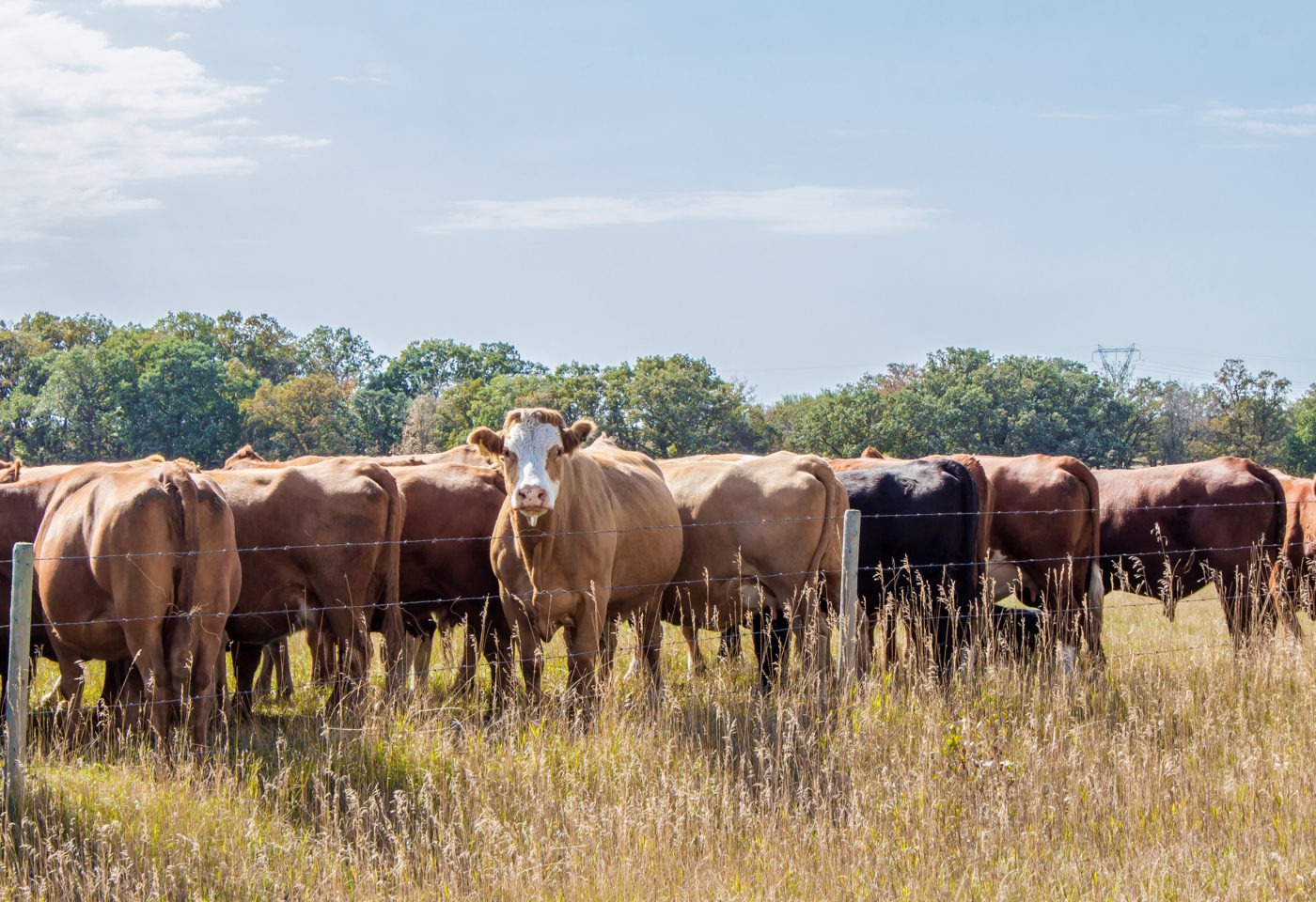By Carlo Dade and Sharon Zhengyang Sun
Published in The Star Phoenix, Leader Post and The Province
July 4, 2019
Given the alarm over China’s ban on Canadian beef and pork, it is reassuring — and perhaps surprising — to hear that a major exporter like Alberta sends about as much pork to Mexico as it does to China, and even more to Japan and South Korea.
Even better news is that Canada will see continued export growth in these and similar stable, middle-class markets, thanks to recent trade agreements.
It is a warning to China that where countries like Canada have options with respect to trade, there may well be long-term reputational and risk-pricing costs for its current actions.
First, the good news for Canada. Recent trade agreements with the European Union (the Comprehensive and Economic Trade Agreement, or CETA) and the 11-nation Comprehensive and Progressive Agreement for Trans-Pacific Partnership (CPTPP) are already showing value. While exports to China are blocked, CPTPP tariff reductions have increased beef exports by 27 per cent in the first quarter of 2019 ($66 million). Overall meat exports to Japan have increased by almost 3.5 per cent in the same quarter (to $392 million).
These agreements have lowered not just tariffs but also the larger costs and frictions of all forms of trade, including the cost of uncertainty. Given what is happening with China, this may be as important as tariff reductions.
It is hard to believe now that at one point the Trans Pacific agreement was vigorously opposed in parts of Canada, and that we in the West had to fight so hard not just for its ratification but to not have it dismissed out of hand.
Canadian exporters have also benefitted from poor behaviour by other countries. Take Mexico, a market of 130 million consumers with a richer per capita GDP than China. U.S. bad behaviour — its tariffs on steel and aluminum — had led Mexico to impose retaliatory tariffs, especially on U.S. agricultural products including pork. As a result, Canadian exports to Mexico jumped 22.5 per cent in 2018.
China’s current actions raise the global perception and calculation of risk in dealing with that country. Yes, China has always been a risky market. But at least in Canada, that risk has not been fully appreciated. The current difficulties with meat exports make that case. But three questionable trade closures with canola in 10 years makes the case even more strongly. This time, though, it seems that the object lesson that China has been offering about risk may finally be heeded in Canada and perhaps elsewhere.
In all of this there are two overriding lessons for Canada.
The first is not to take good markets for granted. Japan, South Korea and Mexico are excellent markets where exports of meat have been steadily increasing, and there are good opportunities in other sectors. It is easy to overlook these slow, steady, performers in the hype over places like China. This has been the history of Canada’s trade relationship with Mexico; ignoring the market to focus almost exclusively on the U.S. These less-glamourous markets do not get attention — which makes steady, consistent levels of engagement, attention and resources difficult. But those non-sexy investments pay off when trouble hits in the flashy markets.
Second, if China is this risky, then Canada needs to do better at managing and pricing risk. One approach to mitigate risk is, not turning our back on China as some suggest, but rather in greater engagement by the Canadian government. Established trade rules and procedures are not a magic bullet that would solve or prevent all problems with China, but they do help. A good start, but only a start, came last year with agreements in the first Canada-China Economic and Financial dialogue, which focused more on agriculture than finance.
The larger lesson, though, amid the current trade woes with China is that Canada does have other options. Our exports of beef and pork are beginning to tell a story that hopefully, and with the right attention and resources, can be repeated in other sectors.
Carlo Dade is the director of the Trade and Investment Centre and Sharon Zhengyang Sun is the trade policy economist at the Canada West Foundation.
